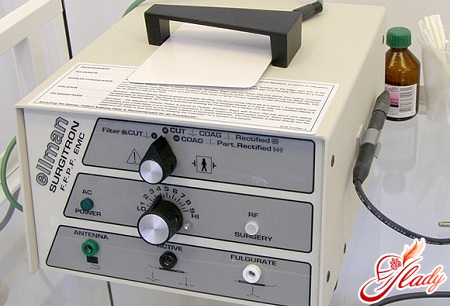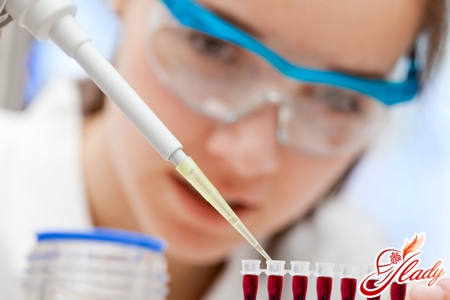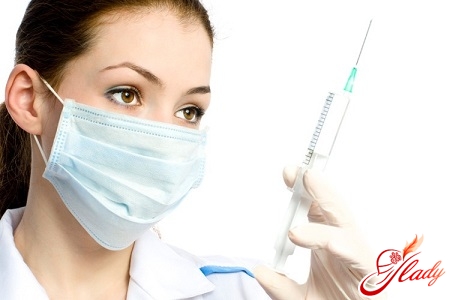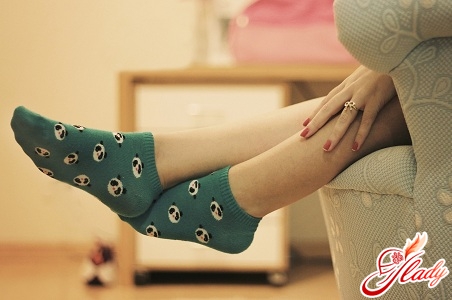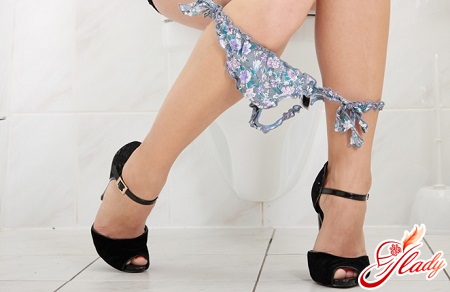
The girl's body is quite complexsystem. Cold, wound, infection, contamination threaten the appearance of one of the types of diseases that require special treatment. The female reproductive system is more susceptible to various diseases. One of the common problems of the female body is postcoital cystitis.
Causes of Cystitis
Cystitis is an inflammation of the urinary tract.system, it can occur in any woman and has the following symptoms: pain, burning, stinging when urinating, discomfort in the lower abdomen, a feeling of a full bladder and frequent desires to empty it. This disease is unpleasant and appears very often after sexual intercourse. More often this disease manifests itself in women than in men. This is explained by the peculiarities of the anatomical structure of the body. It is much easier for microorganisms to penetrate the female genitourinary system and begin their reproduction, because the female bladder is much smaller and wider compared to the male. What is postcoital cystitis, what are its symptoms, what is the treatment and prevention?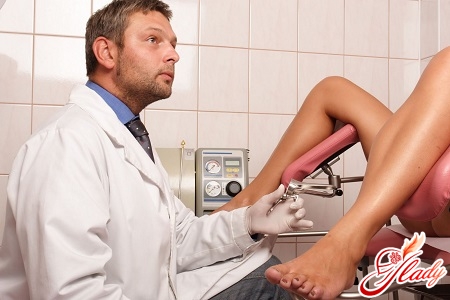
The main symptoms of cystitis
Symptoms of a specific inflammation may not be noticeableimpossible, because they manifest themselves immediately after intercourse or a day after it. During treatment, it is necessary to take a short course of antibiotics, which help a woman get rid of painful sensations. There are also frequent cases when the disease manifests itself every time after intercourse. In the end, these pains lead to the fact that a woman begins to refuse intimacy and tries to avoid it in any way and with excuses. As you know, sexual life should be constant in order to keep the human body in good shape and normal condition. What should a woman do if she cannot afford to continue her sexual life, how not to offend her partner with refusals? The best option is, of course, treatment. Therefore, when the first symptoms appear, you need to seek help from a doctor, and after completing the treatment, to avoid a relapse, it is necessary to take preventive measures.
The causes of postcoital cystitis
There are several reasons for the occurrence of postcoital cystitis in women.
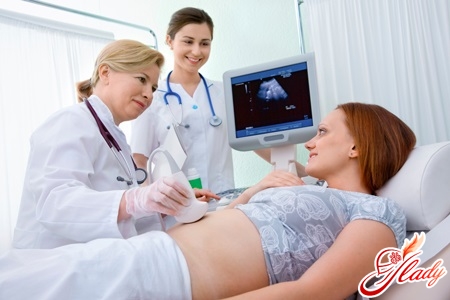
Symptoms of postcoital cystitis
How does postcoital cystitis manifest itself? Cystitis has the following symptoms:
The causative agents of this disease arevarious bacteria (staphylococci, E. coli, streptococci, enterococci), viruses (herpes simplex). Specific pathogens (mycoplasma, ureaplasma, gonococcus, chlamydia, etc.) can be the culprits. Very often, cystitis is accompanied by sexually transmitted infections, which is why it would not hurt to check for sexually transmitted diseases during the examination.
How is cystitis treated?
Treatment of cystitis is as follows:a heating pad can be applied to the perineum, the heat will help get rid of the discomfort in a short period of time. Bacteria are treated with antibiotics. It is important to note that even if all the symptoms of the disease are removed, it may return again. If cystitis is not treated or is not fully treated, the disease can become chronic, then the symptoms begin to manifest themselves even more strongly and actively, and the pain becomes simply unbearable. Treatment of this stage is much more difficult and requires a longer period of time. Acute cystitis is treated with general antibiotics. The duration of treatment and dosage are prescribed only by a doctor. It is important to know that herbs cannot cure this disease, they can only be used as an additional remedy during treatment. The following medicinal plants have a diuretic effect: mint, bearberry leaves, buds, oregano and others. Cranberries are very useful for cystitis, this berry is considered a good antibacterial agent. When an infection occurs, it is recommended to drink as much fluid as possible, so it would be a good idea to drink not water, but various decoctions or, for example, cranberry juice. Treatment of postcoital cystitis includes a detailed diagnosis of the genitourinary system. During the examination, you will have to take several tests (urine, culture, smear), do an ultrasound and undergo an examination by a gynecologist. Only after a complete examination will the doctor be able to prescribe the correct treatment, taking into account all the signs of the disease. Moreover, do not forget that antibiotics will be needed during treatment, which cannot be selected independently. After all, improper use can lead to complications, and not every drug is able to fight the bacteria that caused cystitis. Medicines are selected individually, taking into account the symptomatic picture of a particular patient. It is worth noting that a universal remedy for postcoital cystitis for women has not yet been invented. Due to the occurrence of the disease due to anatomical anomalies, treatment will involve surgery. In cases of mild anomalies, a course of antibiotics in small doses is often used after intimate contact.
Restrictions in the treatment of cystitis
Any treatment includes a number of certainrestrictions. Treatment in this case is not the cause. The list of restrictions primarily includes the sexual life of the sick woman. This is necessary to prevent additional irritation of the mucous membrane and an increase in the symptoms of the disease. Sex in this case can significantly delay the recovery process. Do not forget that the antibiotics taken contribute to the disruption of the microflora that contributes to the development of bacteria. If the occurrence of cystitis was not caused by sexually transmitted infections, then in essence sex can be allowed. After all, this is not a contagious disease and the partner will not be able to get it sexually. Most often, during cystitis, sexual life is not prohibited, but postponed until the symptoms are most acute, most often sex is contraindicated at the very beginning of treatment. When the treatment begins to give results and the symptoms subside, partners can return to an active sexual life, they should not forget about sexual hygiene, prevention is most necessary at this time.
How to avoid re-infection
If everything goes well with the treatment processplaces, it may be an operation or antibiotics, then what to do to avoid re-infection? Prevention of postcoital cystitis includes following simple but very important rules:
It is for this reason that the female bodyis more likely to develop postcoital cystitis, little girls need to be taught to properly observe personal hygiene in advance. Mothers need to be explained that they should wash themselves at least twice a day (morning and evening). It is not advisable to use washcloths or sponges to wash the genitals; you should simply wash yourself with your hand, and you should not use soap. It is better if it is a special product for intimate hygiene with a neutral pH. The habit of changing underwear every day should also be instilled by mothers from childhood. It is best to wear cotton panties; synthetics are contraindicated. Leggings and skinny jeans are undesirable, at least they are definitely not suitable for everyday wear. It is very important to note that one of the main roles is played by timely emptying of the bladder. It is often necessary to observe the fact that girls try to avoid public toilets. They often endure and go to the toilet exclusively at home. It is interesting that even such a seemingly innocent habit can cause an infection in the urinary tract. You can't tolerate it under any circumstances. The appearance of postcoital cystitis can be provoked by the beginning of intimate sexual life. Quite often, the first sexual contact can end with the appearance of cystitis. And this is another fact in favor of protected sex.




